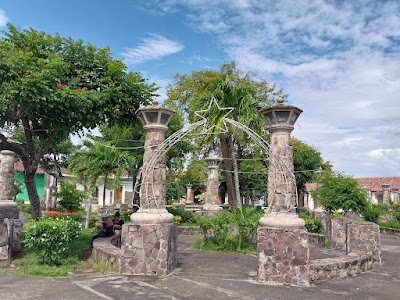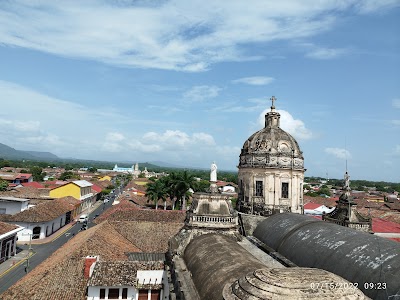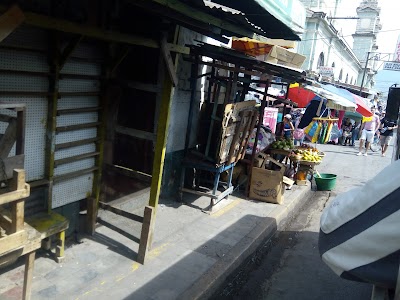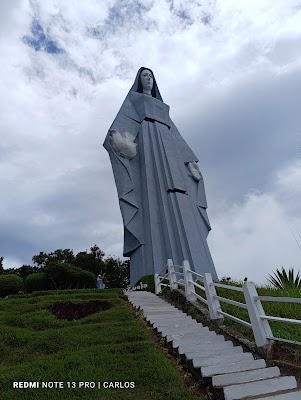Parque Xalteva (Parque Xalteva)
Overview
**Parque Xalteva: A Gem of Granada, Nicaragua**
Parque Xalteva in Granada, Nicaragua, is a delightful public park steeped in history and cultural vibrancy. Nestled in one of the country’s most picturesque cities, this charming park is an essential stop for any traveler eager to immerse themselves in Granada's rich colonial past and lively present.
The park is located in the **Xalteva neighborhood**, named after the indigenous Xalteva people who lived in the area long before the Spanish conquistadors arrived. As one of the oldest parts of Granada—founded by Spanish settlers in 1524—this neighborhood and its park are rich in historical significance. Strolling through Parque Xalteva, visitors can feel the layers of history woven into every corner, making it a captivating experience.
One of the park's most notable landmarks is the **Iglesia de Xalteva**, an impressive colonial church that stands proudly within the park. Its stunning architecture showcases the quintessential Spanish colonial style, featuring grand façades, elegant bell towers, and intricate details. Inside, visitors can admire beautiful religious artwork and the serene atmosphere that contrasts with the lively activity outside. This resilient church has endured battles, fires, and natural disasters, symbolizing the strength of the local community throughout the years.
Beyond its historical allure, Parque Xalteva thrives as a **vibrant community hub**. Surrounded by colorful colonial-style buildings, many of which house local shops, cafes, and restaurants, the park is a fantastic place to relax, people-watch, and soak up the local atmosphere. In the early mornings and late afternoons, the park comes alive with locals enjoying leisurely walks, children playing, and street vendors selling traditional Nicaraguan snacks like vigorón, nacatamales, and freshly squeezed fruit juices.
A fascinating aspect of Parque Xalteva is its connection to the **'Old Wall' or 'La Vieja Muralla,'** remnants of Granada’s defensive walls that were built to protect the city from pirate attacks. Though these walls are no longer intact, they were once vital in safeguarding Granada, given its strategic location by the shores of Lake Nicaragua. Today, these remnants offer a tangible link to the city’s storied past and are a point of intrigue for history enthusiasts.
No visit to Parque Xalteva would be complete without experiencing one of the **cultural events** often held in the park. This space frequently serves as a venue for local festivals, music performances, and traditional dance events. These lively gatherings provide tourists with excellent opportunities to immerse themselves in Nicaraguan culture, witnessing firsthand the rhythm and spirit that animate Granada.
The park's serene atmosphere is enhanced by **lush greenery** and well-maintained gardens. Shady trees offer a respite from the tropical heat, making it an ideal spot for a leisurely picnic or an afternoon break. Benches are scattered throughout, inviting visitors to sit and enjoy the peaceful ambiance. The central gazebo is a charming feature, often used for small gatherings or simply as a focal point for the park’s landscape.
In essence, Parque Xalteva is more than just a park; it is a **living museum** of Granada's history and culture. The combination of historical structures, cultural vibrancy, and natural beauty makes it a captivating destination for anyone visiting Nicaragua. Whether you are a history buff, a culture enthusiast, or simply seeking a quiet spot to relax, Parque Xalteva offers something for everyone.
In summary, Parque Xalteva is a microcosm of Granada’s rich historical tapestry and dynamic community life. It stands as a testament to the city's enduring heritage, providing visitors with a space where the past and present harmoniously coexist. Through its historical landmarks, cultural events, and serene environment, Parque Xalteva offers an enriching experience that captures the essence of Granada and leaves a lasting impression on all who visit.






